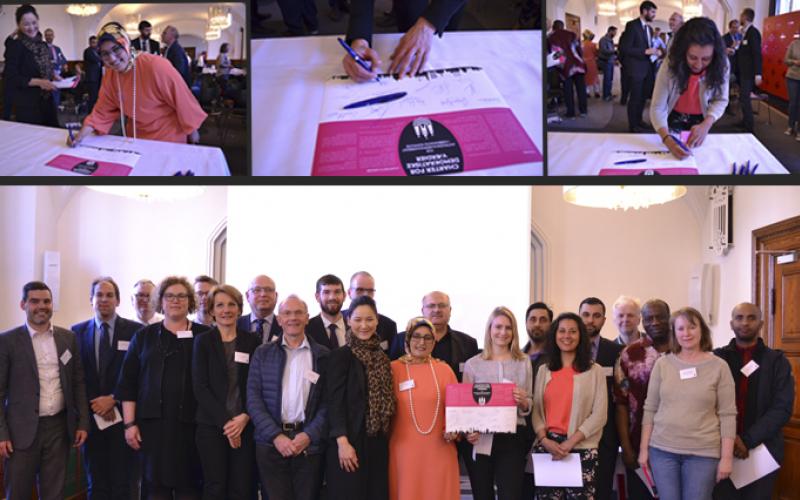The Danish capital has composed a charter that aims to tackle radicalisation by implementing guidelines based on fundamental human rights.
So far, 31 organisations – including the Jewish Society, LGBT Denmark and the Muslim advocacy organisation Muslimernes Fællesråd – have signed the charter.
“I’m really pleased about the support for the charter,” said Anna Mee Allerslev, the city’s deputy mayor for employment and integration.
“I wish it wasn’t necessary, but we need to adjust to a new reality regarding radicalisation.”
READ MORE: Relations cooling further between Det Islamiske Trossamfund and Copenhagen Municipality
Three refuse to sign
City Hall composed the charter – London has something similar – based on recommendations from the municipality’s anti-radicalisation expert group.
However, three current co-operation partners – the Islamic organisation Islamiske trossamfund, the Islamic youth group Munida and the Council for Ethnic Minorities – have decided not to sign the charter.
“I must admit that I have a difficult time comprehending their reasons,” said Allerslev. “The entire charter is founded on conventions regarding basic human rights, which we as a nation have also signed.”
“I hope they will reconsider their decision because this decision means that they can no longer co-operate with the municipality. That doesn’t serve them or us.”















